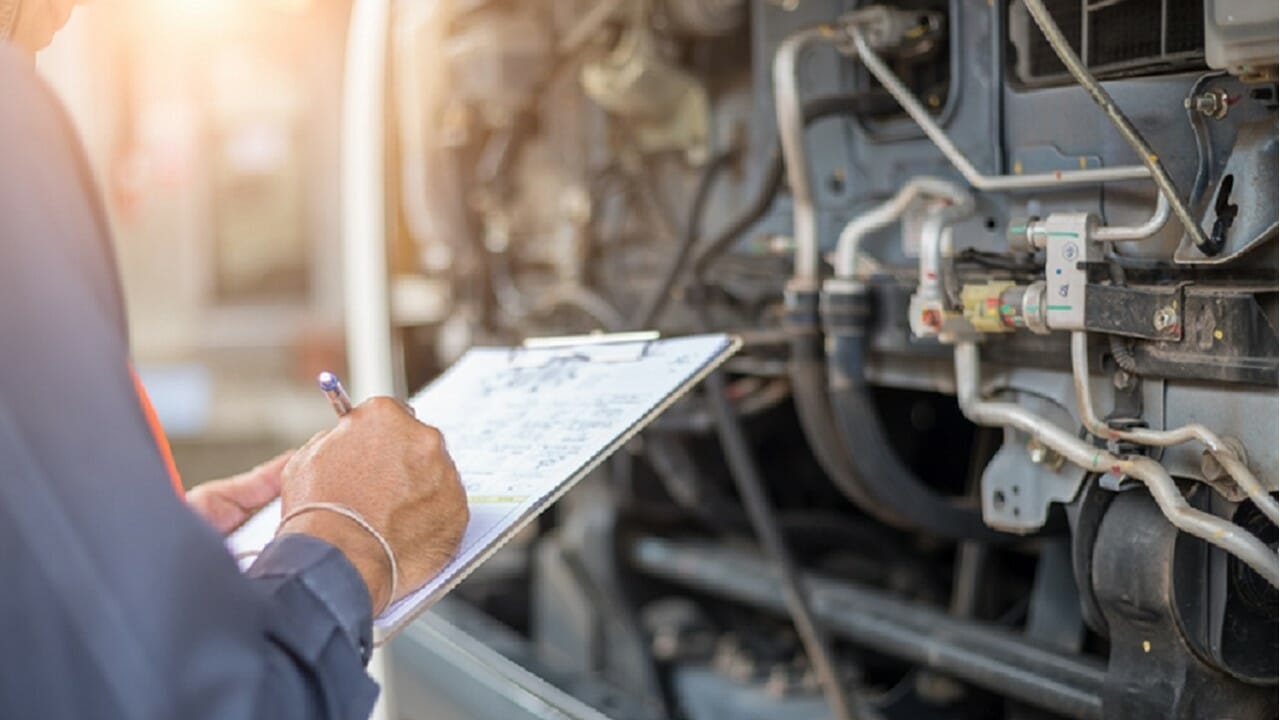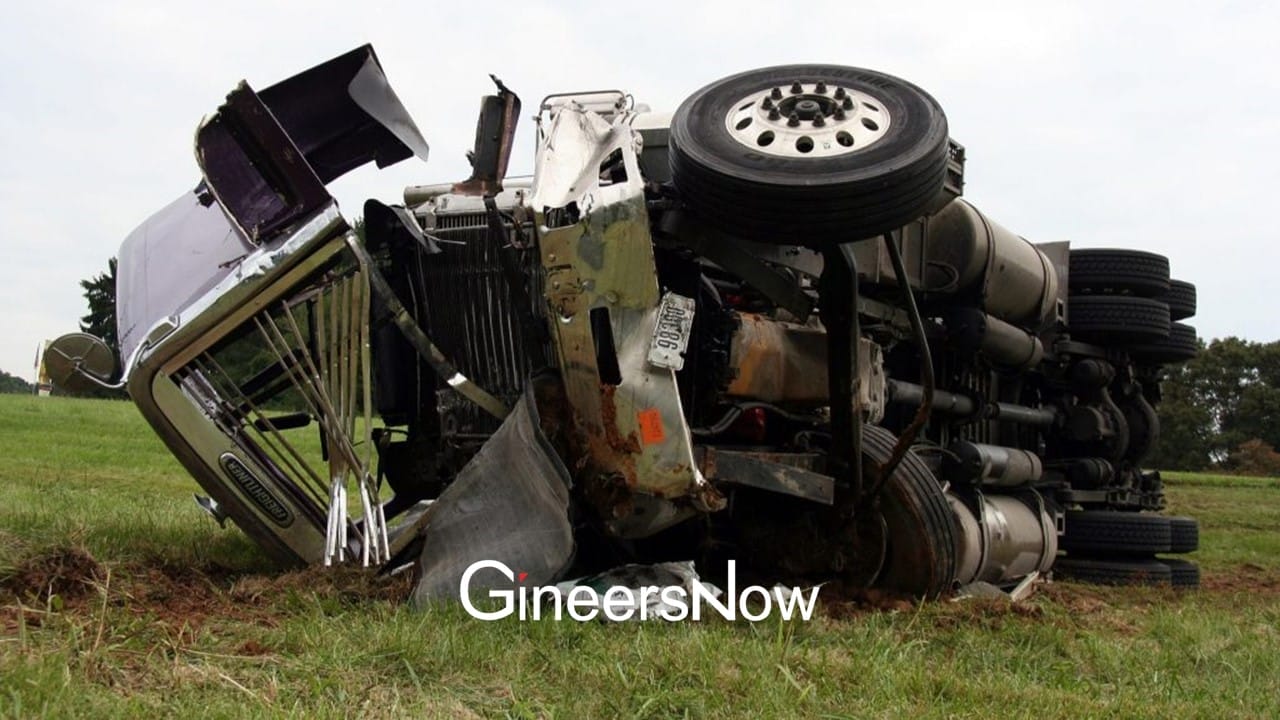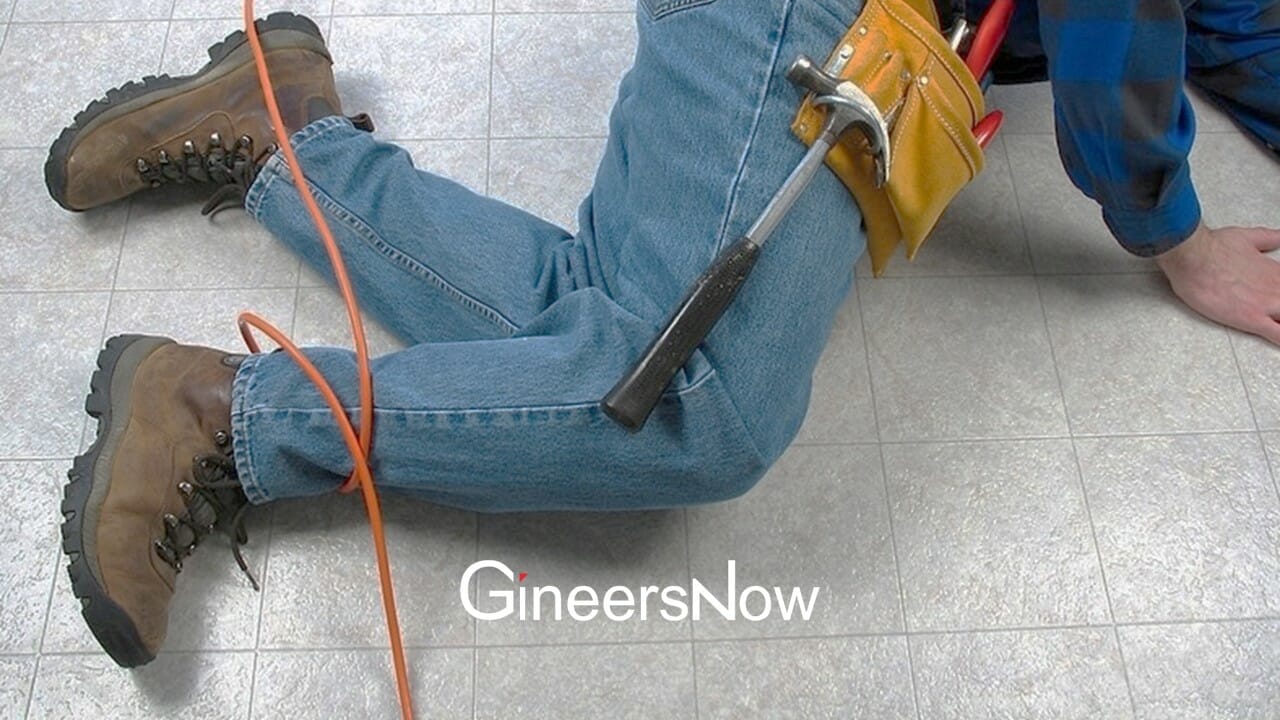Preventative Maintenance
A report by the Philippine National Police reveals that human error accounts for about 9 in ten vehicle accidents nationwide, according to Yahoo News. Distracted driving and driving under the influence are common causes of vehicle crashes. However, mechanical failure in automobiles is a common cause of accidents, especially in the industrial sector. That’s why keeping industrial vehicles in excellent working conditions is crucial. Routine inspections and maintenance boost efficiency and reduce the risk of breakdowns caused by engine problems and brake failure while driving. Below are a few preventative maintenance tips for industrial vehicles you should prioritize.

Inspect Brakes Regularly
Operating on faulty brakes is dangerous because you’ll have no control over your truck or tractor. In most cases, dysfunctional brakes cause drivers to steer on one side of the road leading to catastrophic accidents. To prevent crashing into objects, people, and other vehicles, make it a habit to inspect your brakes regularly. Watch out for wear and tear in brake lines, pads, and discs. Also, be cautious of leaking brake fluids, vibrations, squealing noises, and soft brake pedals. These are signs your brakes are failing and require repairs or replacements. Prioritizing brake maintenance is key to ensuring your truck stops safely, especially when carrying heavy loads or driving in dangerous terrain.
Prioritize Lubrication
Keeping loaders and trucks well lubricated using high-quality lubricants should be a top priority. As simple as it may sound, applying lubricants on various vehicle parts prevents wear and tear. As a general rule of thumb, lubricate all truck components before hauling any load. Inspect the drivetrain for leaks and slops. Failure to do so often leads to breakdowns and expensive repairs.
Check Fluid Levels
Checking fluid levels in truck components, such as the engine, coolant, transmission, and brake systems, is one of the best ways to avoid mechanical failure in industrial automobiles. This step helps you detect whether you have a fluid leak or overconsumption problem. Typically, a drop in fluid levels between inspections shows a mechanical problem in the truck or skid steer needs repairs immediately.
Monitor The Tires
Tires require proper maintenance as they play a critical role in ensuring tractor-trailers, skid steers, and other industrial vehicles function efficiently and safely. Since tires are your primary contact with the road whenever you’re driving, ensure they are correctly inflated. Remember, under-inflated tires reduce fuel efficiency and affect weight distribution. This causes problems with traction, braking, steering, and alignment. Over-inflated tires blow out and cause fatal accidents. Therefore, commit to inspecting your truck’s tire pressure and inflate them properly. Also, check the tread depth to ensure you can operate safely in and around the job site. In the case the tread depth doesn’t meet the set requirements, replace your tires. Investing in rubber tire tracks is an excellent option if you’re operating a compact track loader. Tire tracks boost traction when driving on mud, ice, or loose sand, increasing safety and productivity.
Change Oils
Besides checking fluids, consider changing oils in your industrial vehicle engine at least every 5,000 to 7,000 miles. However, it’s advisable to change oils based on how you use compact track loaders, utility vehicles, and forklifts. For example, if you drive industrial trucks or tractors under extreme temperatures or haul heavy loads, change your oils more frequently. Doing so helps prolong your engine’s lifespan.
Maintaining industrial vehicles in excellent working conditions is essential if you are looking at increasing productivity and safety. So, get into the habit of changing engine oils, keeping your vehicle components lubed, replacing worn-out brakes, and ensuring tires are well inflated. Also, test the battery, engine, and electrical systems for faults, and carry out the repairs.














